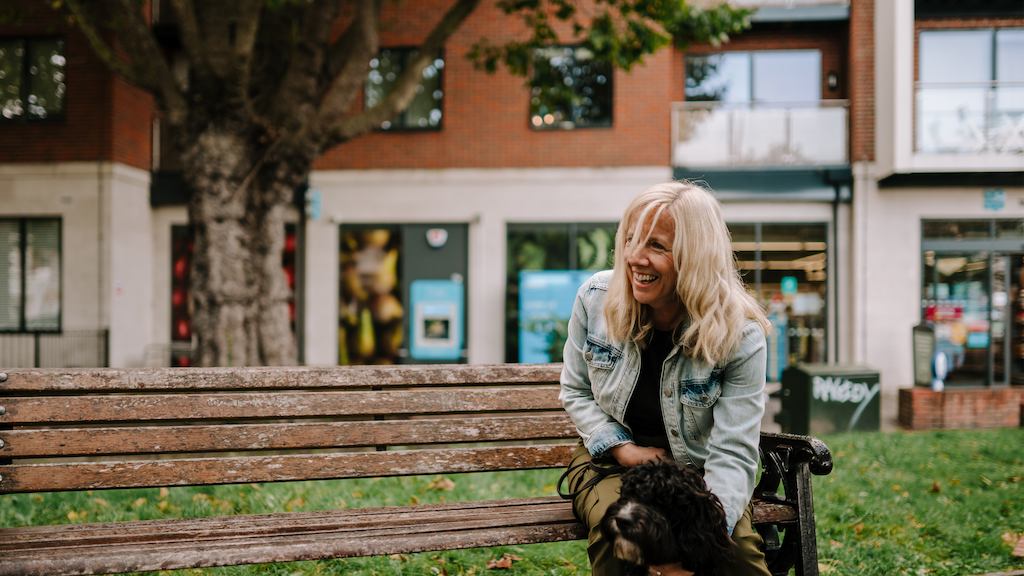At age 75, my mum left me a harrowing voicemail that changed the course of both our lives forever. "I just got fired," she said, holding back tears. "Call me, bye."
For decades, she was an executive hotel housekeeper in the United States. She moved from the United Kingdom to America in 1970 in search of both love and opportunity. Though love didn’t last, my mum found a passion in hospitality. Meeting guests and creating an experience for them gave her both an identity and a host of daily tasks that she could be proud of.
Then, after nearly 50 years on the job, she was “restructured” by her employer. Because my mum had a stellar work record and an impeccable work ethic, we couldn’t help but assume she was let go because of her age.
According to recent research from Ageing Better, "age is the least scrutinized and most widely accepted form of discrimination" in the United Kingdom. And in the U.S., ageism is equally rampant: An AARP report noted that 3 out of 5 respondents claim to have seen or experienced age-based discrimination in the workplace.
While the statistics are undeniable, so many older workers, like my mum, are ashamed or scared to talk about their experiences openly. But as the UK nears some 12 million people over the age of 65 (and America’s population nears 60 million), employers, workforces, and communities globally will need to confront the realities of this rampant form of discrimination.
In the days and months following my mum's firing, she felt discarded, unvalued, and invisible. To lift her spirits, I took her on a bucket list adventure to do all the things she could never do while she was working. It was both a thank you for her sacrifices for her children, but also a way to give her a renewed sense of purpose. We documented our intergenerational adventure in the film Duty Free, which will screen cinemas and stream over Mother's Day weekend in the UK. We went skydiving in Hawaii, we returned to her hometown of Hoylake to reunite with her family, she joined Instagram (where she now has 50K followers!), and so much more.

